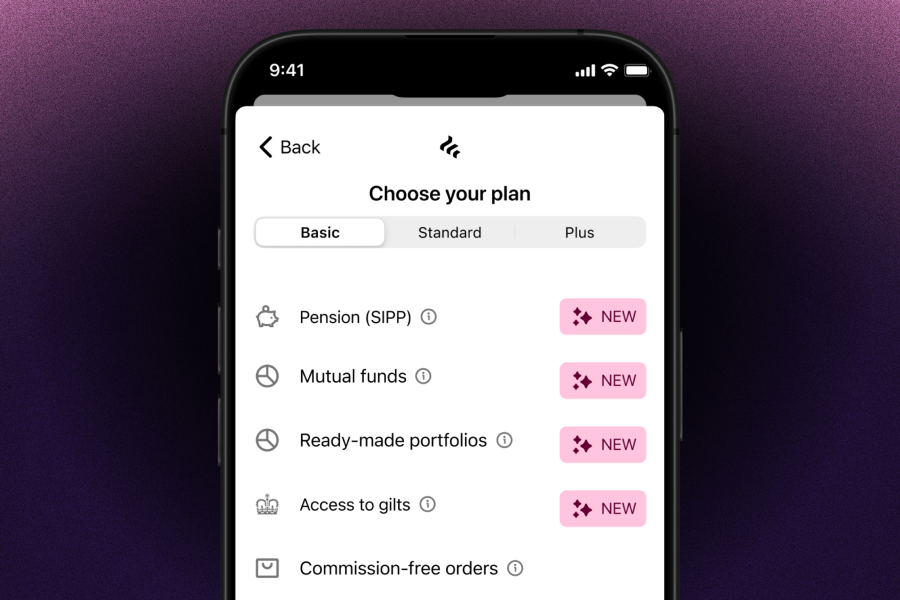Recently, there’s been fair bit of talk on our forum regarding margin accounts, and traditional and CFD brokers derive significant revenue from these and other similar services.
So I thought it deserved a post to explain a little more about margin accounts and why we’re not planning to implement them at Freetrade.
So what is a margin account?
A margin account is an account that allows you to use leverage (i.e. debt) to increase your buying ability.
Just starting out, many accounts allow you to double the buying power of your cash through leverage i.e. if you deposit £1,000, you can buy stocks worth £2,000.
Leverage is a loan from the broker, collateralised by the stocks you’ve bought. And like all lenders, the broker will charge you for the amount you’ve borrowed, typically as interest on the loan.
Margin specifically refers to the collateral of stocks and cash you use to back the loan.
BTW there’s a reason that brokers use the words margin and leverage rather than debt. These terms sound technical and impressive, to make you feel like a slick, professional trader. Debt just sounds off-putting and worrying.

“I’m a sucker? I’m using leverage to boost my aggressive long equity strategy. Plus I bought this tie.”
Here’s how it works:
- You deposit £1,000 into your margin account
- You want to buy x number of Happy Jam Company shares at £20 each
- Your broker lets you buy up to 50% of the investment on margin, for e.g. 5% interest on the loan
- With your £1,000 deposit, the leverage increases your buying power to £2,000
- You can buy now 100 Happy Jam shares worth £2,000, double the 50 shares you could buy with £1,000 cash
- You still owe £1,000 to the broker plus £50 of interest, to be paid on sale
Why would you want a margin account?
The main advantage of a margin account is it gives you the opportunity to multiply your gains. If your shares go up, your gain on £2,000 worth of stocks will be double the gain on stocks you could buy with just £1,000 cash. Minus the interest to the broker, of course!
Since you’re also paying that ongoing interest to the broker for the margin account, your investment not only has to do well, it has to do well enough to cover those fees as well. In this example, if your broker charges 5% pa on margin accounts, that means you need to be making over 5% to even break even.
Anyway, let’s say Rihanna snapchats herself eating jam and suddenly your shares go up to £25. Your stock is now worth £2,500. You can sell the investment, pay back the £1,000 loan plus £50 of interest and still have £450 of profit.
Which you can then spend on jam.
This should not be read as personal investment advice and individual investors should make their own decisions or seek independent advice. This article has not been prepared in accordance with legal requirements designed to promote the independence of investment research and is considered a marketing communication.When you invest, your capital is at risk. The value of your portfolio can go down as well as up and you may get back less than you invest. Past performance is not a reliable indicator of future results.Eligibility to invest into an ISA and the value of tax savings depends on personal circumstances and all tax rules may change.Freetrade is a trading name of Freetrade Limited, which is a member firm of the London Stock Exchange and is authorised and regulated by the Financial Conduct Authority. Registered in England and Wales (no. 09797821).













